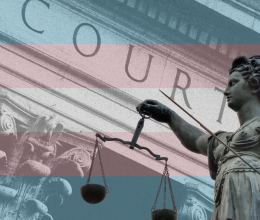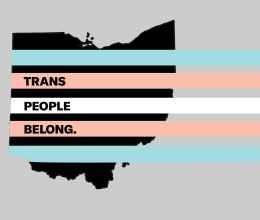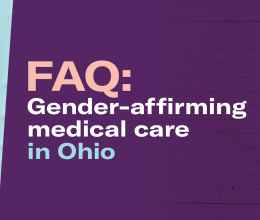The Supreme Court, with a narrow majority, has decided that an employer’s religious beliefs are superior to its employees’ beliefs and medical needs. In Burwell v. Hobby Lobby Stores, Inc., the Court gave a free pass to closely-held, for-profit corporations to violate a law if it does not match with the owners’ religious views.
This is the first time the Supreme Court has stated that religious rights can affect other people, outside of family and congregations. This is the first time religious rights have been afforded to the for-profit industry. Corporations, or “people,” can now push their religious beliefs onto employees. This is unprecedented.
Corporations have now been elevated to a status where their rights are superior to their employees’ rights.
The Court attempts to narrow its decision by stating that other insurance mandates do not necessarily fail if they conflict with an employer’s religious beliefs. Two specific examples used were blood transfusions and vaccinations because mandates for them may be supported by different interests. But the Court does not decide this. The Court leaves open a large number of possible challenges to federal laws and regulations that violate a closely-held, for-profit corporation’s religious beliefs.
The Court also narrows its decision by making it well known that the decision does not provide an excuse to violate anti-discrimination laws, only in the context of race. This leaves open the door for challenges to other anti-discrimination laws protecting sex, disability, and, more recently, sexual orientation.
We have already seen numerous challenges to anti-discrimination laws protecting sexual orientation. Although the federal RFRA does not apply to state laws, the reasoning in the Hobby Lobby opinion may be used to challenge state laws under state RFRAs. There are nineteen states that have a Religious Freedom Restoration Act similar to the federal law. We will certainly see challenges to state laws in the future. Some people are eager for a pass to discriminate.
There are hundreds of companies that can use this decision to deny health coverage or bring other challenges. While the ruling attempts to be limited to private, closely-held corporations, that restriction includes massive companies such as Cargill, Koch Industries, and Chrysler.
True religious freedom is not to allow people to discriminate in the name of religion in the marketplace. True religious freedom is about protecting an individual’s right to believe or not believe without government interference infringing on the rights of others.
Can a corporation refuse to cover the insurance costs of an employee who gets pregnant out of wedlock? Or contracts HIV? What if the owners of a corporation don’t believe in traditional medicine? Can these corporations start asking religious questions during job interviews?
We can come up with numerous scenarios where a corporation can use a RFRA to challenge a law. But we will wait to see the line of litigation that will come through the open door.







